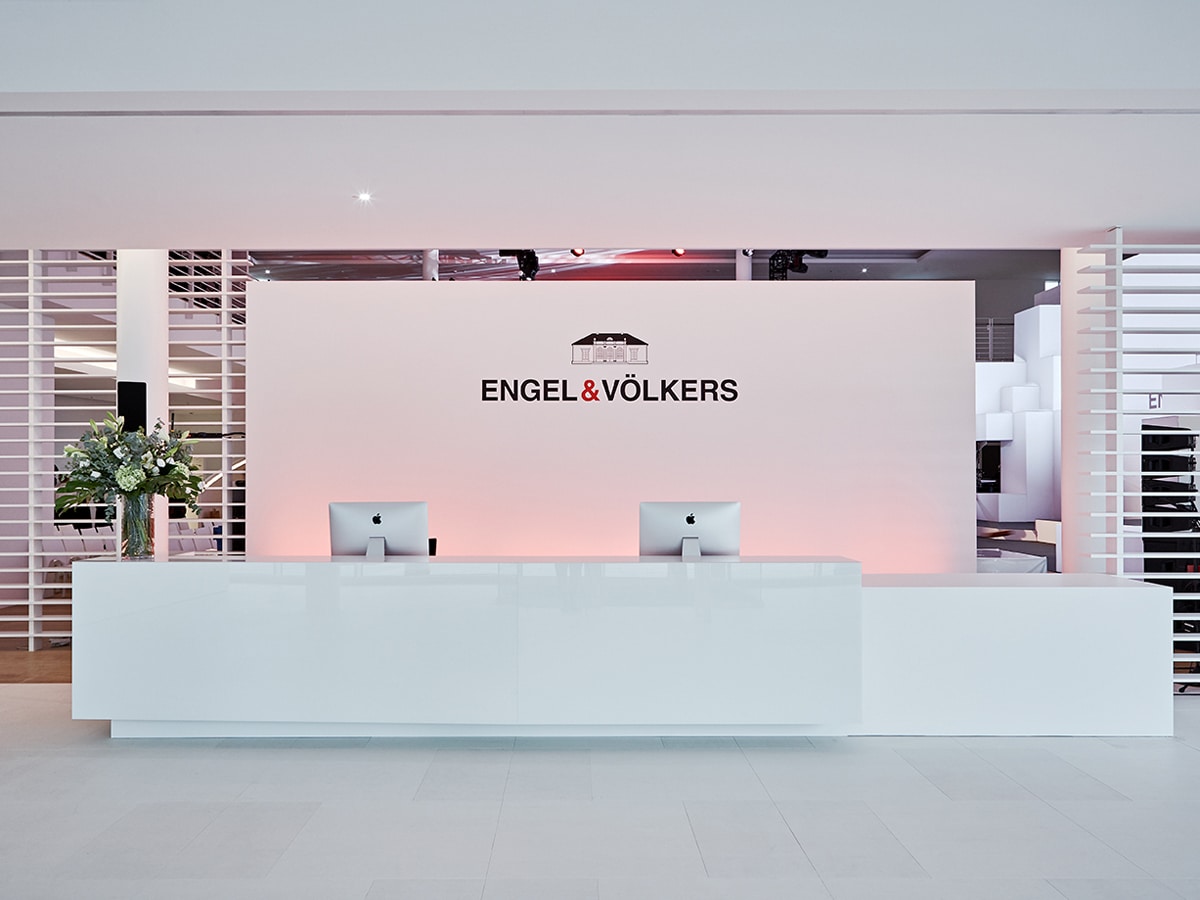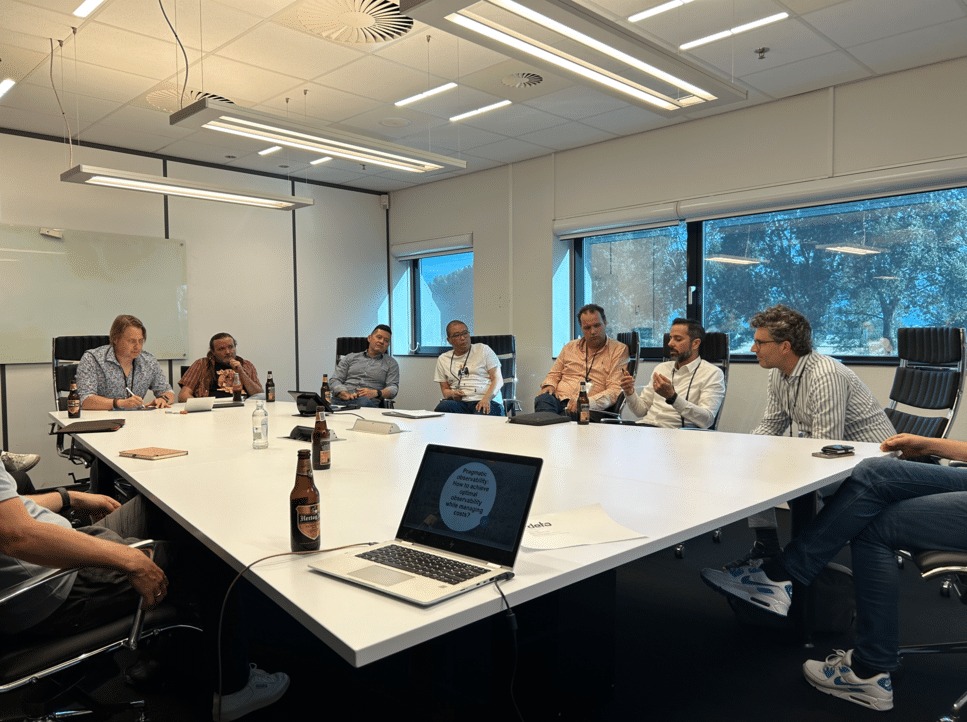In the latest instalment of our #SalesforceQA series, we caught up with Amanda Beard-Neilson, Chief Experience Officer (CXO) at ABN PRO LTD, to talk about some of the challenges she has faced as a woman in the tech industry.
Amanda also discusses what businesses and the community can do to create a more diverse workforce in the ecosystem, and offers her top tips for others looking to navigate a career in Salesforce.
Third Republic (TR): You’ve had an interesting and very successful career, you now title yourself as Chief Experience Officer within your limited company, could you tell us more about this?
Amanda Beard-Neilson (ABN): I chose the title of CXO because while on the Dreamforce 2019 UK&I Innovation Tour I listened to a presentation from a Partner at PWC who talked about future roles in IT and how they will move from IT Directors, CTOs, and CIOs to that of CXO. A CXO considers the whole experience of digital strategy and this resonated with me and how I like to deliver transformations. It’s not just about the end-users and the customers, who are getting this technical solution, I also think about the teams who are building the functionality. A CXO’s role is to think about the whole experience when you deliver a project, and it all starts with the leadership team.
TR: Have you found that because everybody is now working remotely, and teams are now more segmented that it becomes increasingly difficult to get teams to deliver this process?
ABN: Rewinding back a couple of years, I used the mantra ‘remote first’ as a principal while managing a global team. We would have weekly team meetings via video call, everyone dialling in via their laptop, even if many were located in one office so that all colleagues could connect with each other. We also used Slack for easy access chats and ‘water cooler’ moments. These tools helped to build relationships, the team dynamic and inclusivity, especially for non-head office located team members.
Face-to-face communication is still really important because of the social aspect when you’re physically with somebody and you can see and feel first-hand behavioural interactions. It helps to break down barriers a lot quicker.
Remote working does work; it takes more effort and it might take a little longer to build a relationship, compared to real face-to-face, but it is possible. Right now it’s the way forward.
TR: What are some of the challenges you’ve faced, not only as a woman in tech, but particularly as a woman in a leadership position, in this highly male-dominated industry?
ABN: That stuff is real, and I’m disappointed that this is still an issue for women in business. I’m a petite blonde and it took me until I was 40 years old to feel that I had any gravitas in my work. I may have passed a threshold at this age to finally find my voice and have confidence and conviction in myself to be taken seriously as unfortunately I don’t think society magically changed overnight. Things are improving and as Women in Tech we need to keep banging the drum for our voices to be heard. For instance, let’s challenge every time a woman is called bossy and question whether this is a fair statement or ask whether she needs space to be listened to. She just might have a valid point.
The sad fact is that as a woman we still feel that we need to work harder and be better than our counterparts. But just hear our roar. For all those younger women in tech please don’t give up. The situation is improving massively and I truly hope that you don’t have to wait until you reach 40 to feel valued and heard.
TR: What do you think businesses and communities can do to create a more diverse workforce in the ecosystem?
ABN: There are multiple things that businesses can do. For a start, consider who you are hiring.
I applaud one partner who requests a 50/50 split on male and female candidates from recruiters when hiring for a developer role. Other options could include not demanding a technical degree background, or any University degree but consider a candidate’s work experience and their ability to bring transferable skills.
Office space can affect who might be attracted to work in specific environments. I have worked in places where I have not felt comfortable. One location had too many hard surfaces which made harsh sounds bounce around making the space a challenge in concentrate in or to have safe conversations with colleagues.
Businesses now recognise that a well thought out work environment can help to encourage a diverse set of employees be successful in their work, whether it be from simple design features as modesty boards on desks to dedicated rooms for prayer, rest or a space for nursing mothers to express milk.
If I think back to my first job, decades ago, I was a rep for a wine and spirits company where I would spend my days visiting pubs. Back then women didn’t really enter pubs on their own and the environments weren’t very welcoming. Pubs realised the spend potential from the female pound so made dramatic changes to their spaces, making the venues lighter and brighter, with more comfortable furnishings and stocking drinks that women were more likely to buy. The wine menu was born and women felt welcome and safe to enter these locations. Offices are now catching up!
Businesses also need to consider if their roles can be executed in a flexible manner, whether that be working remotely or reduced hours, such as a job share. Women, who are the majority care givers in society, have often seen their careers stall as roles are advertised to be full time only. If companies can open up the idea to more part time job opportunities then a wealth of talent could be available to them.
TR: You are 4x Salesforce certified, could you talk about this a bit? What advice would you give to someone considering a Salesforce certification?
ABN: The first certification I passed was back in 2012 and that was when I decided that I wanted to get serious about Salesforce. I spent my own money to attend a course so I could pass the exam. There was no Trailhead back then.
Certifications can give you confidence and reassurance that you have knowledge about a certain feature of the platform. It can show prospective employers that you are invested in the platform and motivated in your own self development.
There is a fine balance however. I do have concerns for those who take a lot of certifications in a very short amount of time. They are effectively cramming for each exam. It doesn’t always show a true level of knowledge about each subject or real world experience. Certifications are important but experience is king.
TR: Not only are you a Salesforce MVP, you co-lead the London Admin Community Group and co-organise London’s Calling, a Salesforce community conference, in your opinion how important is the Salesforce community to career advancement?
ABN: Massive; for me I will always be grateful to the community. I discovered it when I really needed support in my personal and professional life. I joined the London Admin’s Group and realised that these were my people and found an instant connection with like-minded people.
The community can help in so many ways, whether it be with technical solutions, career conversations, or general advice. Everyone has the opportunity to network, learn and have fun. For me, I have also made firm friends and I value the strong support network we have in place.
TR: What are your top tips for others looking to navigate a career in Salesforce?
ABN: Many people ask me how they can get into Salesforce. It can tough. I was very lucky; I initially fell into my role as an accidental Admin when I selected Salesforce as a CRM provider back in 2007. Some partners offer graduate opportunities to learn the platform. There are also businesses who now specialise in taking on apprentices to teach the basics and help get the candidates to pass their first certification and then provide job placement opportunities to get the all important hands-on experience.
If you are a Salesforce user and want to dive deeper into the industry then go to your Admin and ask to get more involved. Be proactive with helping, whether it is with report building or capturing requirements. The job roles within Salesforce are not just limited to that of Admin, Developer or Architect either. Supporting roles such as a Business Analyst, Tester, Trainer and Project Manager are all critical to successful Salesforce implementations and these roles can give you great exposure to the platform too.
Let’s not forget Trailhead, Salesforce’s own free learning management platform where you can discover all about how to configure Salesforce in addition to wide ranging business topics. There’s a huge range of content available, and not just for a technically minded.
TR: Finally, what is the best piece of advice that you have received throughout your career?
Fresh out of University, I was the type of person who was a doer. I have learnt over time to pause my natural instinct to dive straight in, but to first listen and to try and understand other people’s perspectives before taking action.
This is me practising empathy. My biggest advice is to learn to empathise with your customers and colleagues. By taking a moment to understand another’s motivation and situation can help you in turn deliver a better solution. Listen and act with empathy.
If you’d like to be involved in our next Q&A, get in touch with us today!




